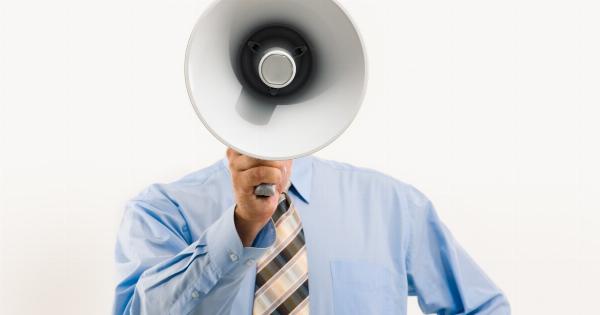As we age, various health issues start to arise, and one such concern is hearing loss. Research has shown a significant link between the process of aging and the gradual decline in hearing abilities.
In recent studies, scientists have also explored the potential impact of chronic exposure to loud sounds on longevity. This article delves into the relationship between longevity and weakening through loudness, shedding light on the potential consequences of loud noise on overall lifespan.
The Effects of Aging on Hearing
Aging is a natural process that affects the body in numerous ways, and our ears are no exception. The delicate structures within the ear, responsible for capturing and processing sound signals, undergo wear and tear over time.
This gradual decline in hearing ability is known as presbycusis, a condition that affects nearly one in three people aged 65 and above.
Presbycusis typically affects the higher frequencies first, making it challenging for older individuals to understand speech, particularly in noisy environments.
As the condition progresses, it can lead to difficulties in everyday communication, isolation, and even impact cognitive functions in some cases.
The Impact of Loudness on Hearing
While aging itself can contribute to hearing loss, exposure to loud sounds can exacerbate the issue.
Prolonged or frequent exposure to high-volume sounds can damage the delicate hair cells in the inner ear, which are responsible for transmitting auditory signals to the brain.
Noise-induced hearing loss (NIHL) affects individuals of all ages and is a preventable condition.
Common sources of damaging noise include loud music, workplace machinery, firearms, and recreational activities like motorcycling or attending concerts without proper hearing protection.
The Relationship between Longevity and Sound Exposure
Recent studies have begun exploring the potential correlation between longevity and noise exposure over an individual’s lifetime.
While the exact mechanisms are yet to be fully understood, researchers have found intriguing associations between chronic exposure to loud sounds and overall lifespan.
In one study conducted on mice, researchers exposed the subjects to extended periods of loud noise. The results showed an accelerated aging process, signaling a potential correlation between noise exposure and reduced longevity.
These findings raise concerns about the impact of chronic noise exposure on human health.
Stress and Long-Term Health Effects
Noise pollution not only affects hearing but also influences other bodily systems, potentially leading to a range of health conditions.
Loud sounds can trigger stress responses within the body, increasing blood pressure, heart rate, and the production of stress hormones like cortisol.
Prolonged exposure to stress can have detrimental effects on overall health. Chronic activation of stress responses has been linked to cardiovascular issues, compromised immune function, sleep disturbances, and mental health disorders.
Protecting Hearing to Preserve Longevity
Considering the potential impact of noise on longevity, it becomes crucial to take steps to protect our hearing throughout our lives.
1. Use earplugs or earmuffs in high-noise environments such as concerts, construction sites, or factories.
2. Limit exposure to excessively loud sounds by taking breaks or finding quieter areas when possible.
3. Keep the volume at a moderate level when listening to music or watching television, especially through headphones or earphones.
4. Encourage regular hearing check-ups with an audiologist, especially as part of routine healthcare for older adults.
Conclusion: A Call for Hearing Health Awareness
The relationship between longevity and weakening through loudness is an important area of study that highlights the potential consequences of noise exposure on overall lifespan.
With aging already impacting hearing abilities, it becomes essential to protect our hearing from excessive noise to preserve both auditory health and quality of life.





























